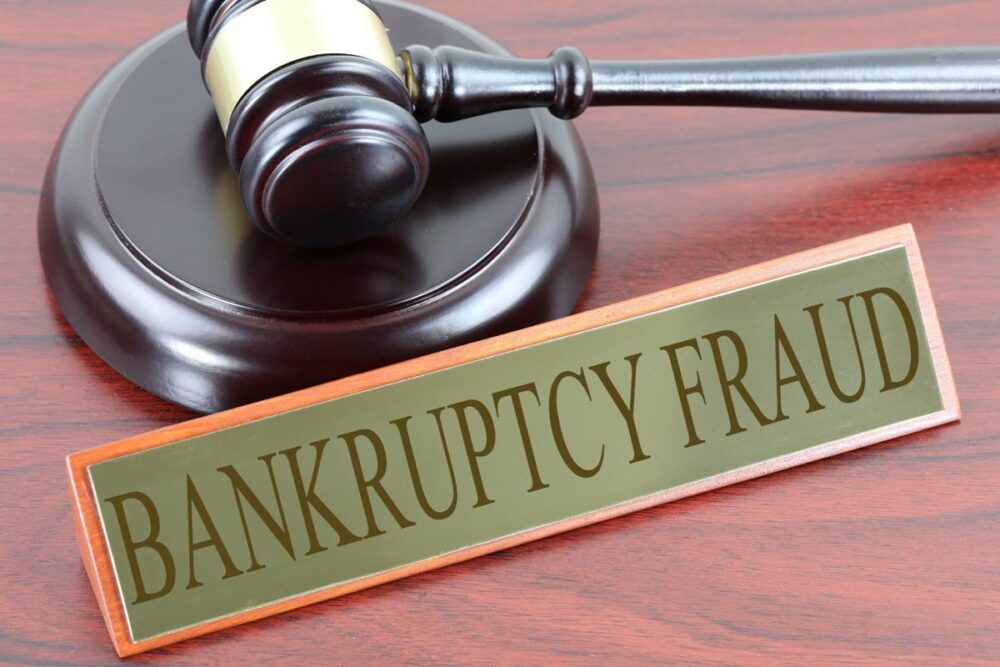
It is said that more than half of the small businesses will close within the first year after opening, and the number is higher when it comes to specific industries including the food and drinks one. This year has been especially hard for business owners because of the pandemic, and the reports say that millions of companies had to file for bankruptcy because of Covid-19. There are a lot of things that could lead to you closing the doors of your company, and in some cases, that can be the best thing you can do.
Many owners make the mistake of trying to keep the company alive for too long, and they end up spending more and more money, getting in a bigger debt every day, and they think that that will help them in the long run. Experts suggest that you need to know if you should file for bankruptcy, and in some moments, that will help you out in many different ways. In this 2024 guide, we are going to give you some information about when you should try and fight to keep your business alive, and when it is the right time to close it and possibly try to start something new.
Common signs

There are a lot of signs that lead to you filing for liquidation, and some of them can be noticed long before the time comes. The good thing about this is that you may be able to salvage your company if you pay attention to the little things.
The first thing that may lead to you closing the doors of your business permanently is if you notice issues with your staff. It is said that if you notice people leaving their jobs only a few months after you’ve hired them, it can be a sign that something is not going in the right direction. Note that in some cases this can be because you just picked the wrong people to hire, or they had different plans, but if this is happening way too often, you should think about the way you are handling things.

Another huge problem is if you are constantly losing customers. With the right type of marketing, and the right services and products, it is going to be easy for you to attract new people, but if they never come back, it may mean that something is wrong. You should think about why your customers leave after paying for your services once, and in this case, you should not be afraid of listening to the criticism. Even though no one wants to hear about their mistakes, when you do this, it will help you learn why you are not getting people to return. Think about your services, products, customer support, and consider changing things to make sure that people stay interested in your company.
Debt is another sign that things are not going your way. When you are in debt, you need to find ways to pay it off and start making profits. However, this is easier said than done, and in some cases, it is far better to file for liquidation than to get yourself into a bigger mortgage. If you notice that you are regularly missing on your payments, if you cannot afford to keep your staff, and if you don’t make any money for yourself, it is better to stop and start with a clean slate than to risk it all.
These are some of the most common warning signs, and if you notice at least one of them, you need to act as soon as possible. In case you are still making some profits, you may be able to salvage your company. However, you should never try to do it when the costs of it are far greater than the profits.
Types of Bankruptcy

There are several types of bankruptcy you can file for, and that all depends on what you want to gain out of it, as well as your specific situation.
The 3 main types are Chapter 7, Chapter 11, and Chapter 13, and any one of these may be the right type for you. When you choose to start this process, you should always consult with an attorney. Silkcooper.com advises that a Rockland county bankruptcy lawyer can help you out with understanding the differences between the three, which one is the right for you, and what you can get out of it.
The first one, or the Liquidation type is most commonly used when you know that your company has no future. In this case, the business is in more debt than they can pay back, and there is no way to salvage the company even with different types of restrictions. Note that when you file for this type of liquidation process, you will be required to prove that you are not making profits more than a certain amount. Talk to your attorney before you choose the right type, so you know what you need to prove and how to apply for it.
Chapter 11 is usually used for companies that are more likely to turn things around and salvage the business in the long run. This type is mostly used for corporations and for partnerships, and the main goal of this type of insolvency is to help companies file for the last type.

The last type, or Chapter 13 bankruptcy is made to help turn companies around, and to help them get back on their feet. Note that if you file for Chapter 7, you will not be eligible for Chapter 13, so, you need to know what to do, and if it is possible to salvage the company. If you get approved for the last type, your attorney can help you out plan a budget, what to do with it, and how to keep your company open.
Note that this is not a simple process, nor a simple decision, and you need to be open to different possibilities if you want to get out of debt, and if you want to possibly salvage your business. Take your time, talk with your legal advisor, and know that sometimes closing the company may be the best decision of your life. Think about your goals, and pay attention to the warning signs before it gets too late.







